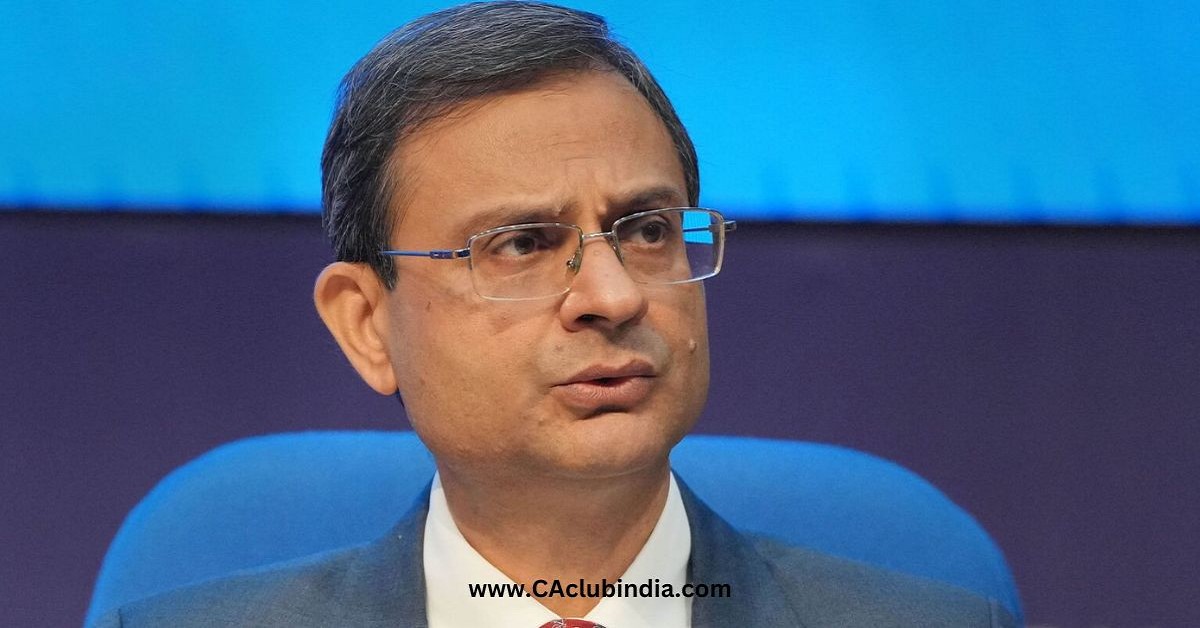The central government is yet to decide whether to introduce a new Direct Taxes Code or revamp the existing income tax law, stated Revenue Secretary Sanjay Malhotra at a recent post-Budget conference organized by Assocham in the Capital. He emphasized that both options are on the table, with the primary goal of simplifying the law for better readability.

"Whether it will be a completely new Code or whether the existing Income Tax Act will be revised, both options are open. The purpose will be to make the law simple to read," Malhotra said, highlighting that the review process will also involve consultations with stakeholders.
In her Budget speech, Finance and Corporate Affairs Minister Nirmala Sitharaman announced the government’s intent to comprehensively review the Income Tax Act to make it more concise, lucid, and easier to understand. She stated, "The purpose is to make the Act concise, lucid, easy to read and understand. This will reduce disputes and litigation, thereby providing tax certainty to the taxpayers. It will also bring down the demand embroiled in litigation. It is proposed to be completed in six months."
Malhotra also addressed the rationalization of capital gains tax in the Budget, clarifying that it should not be perceived as a revenue augmentation effort but as a simplification exercise. He remarked, "All of you (industry) had asked for simplification of capital gains tax regime. So the Budget has delivered on it. Simplification does not mean that tax rates will come down. Please appreciate that the government needs revenues. Let’s be prepared that some rates will go up and some will come down. Simplicity has its own virtues."
Additionally, Malhotra discussed the proposed insertion of Section 11A in the Central GST Act, which aims to eliminate ambiguities and should be used only in exceptional cases, not as a norm. The section was introduced following the recommendations of the 53rd GST Council Meeting to empower the government to regularize instances of non-levy or short-levy of GST due to prevailing general trade practices.
Ravi Agrawal, Chairman of the Central Board of Direct Taxes (CBDT), commented on the direct tax provisions introduced in the Budget, categorizing them into simplification, standardization, and compliance. He stressed that the objective of tax administration is to provide comfort to taxpayers, not to impose penalties and prosecutions. Agrawal noted, "We are one of the leading nations to provide the facility of pre-filled forms and compliance has improved because of that. Last year, we saw about 8.5 crore income tax returns, which is a significant increase. Also, about 72 lakh updated returns were filed indicating the enhanced ease in compliance."
Sanjay Kumar Agarwal, Chairman of the Central Board of Indirect Taxes & Customs (CBIC), added that the Budget proposals related to Customs are designed to boost the competitiveness of domestic industry. He expressed confidence that the GST collection target for 2024-25 would be comfortably met based on the collection trends in the first quarter of the current fiscal year.





 CAclubindia
CAclubindia
